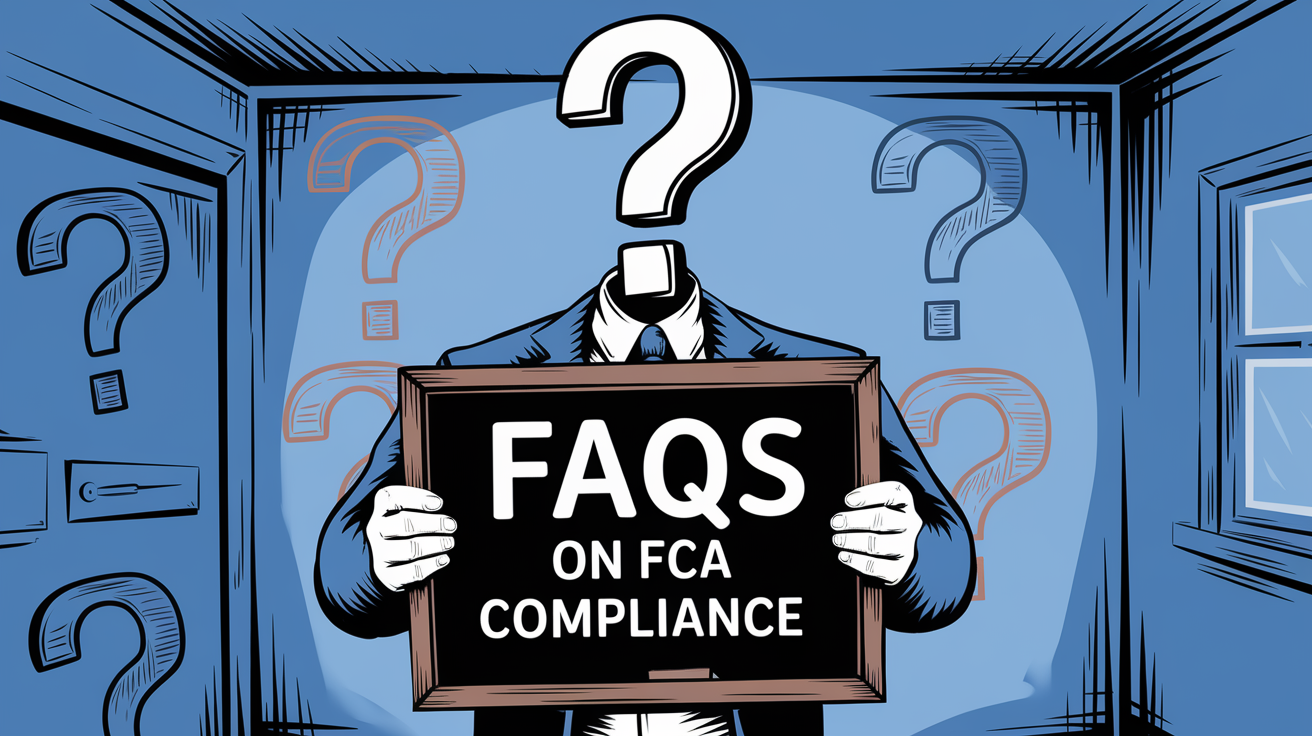
-
Introduction
In the ever-evolving landscape of the UK financial sector, compliance with the Financial Conduct Authority (FCA) is crucial. FCA compliance ensures that financial firms operate fairly and transparently, upholding the trust of consumers and the integrity of the market. Understanding the nuances of these regulations is essential for any business involved in the financial industry.
-
Understanding FCA Compliance
What is FCA Compliance?
FCA compliance refers to the adherence to the rules and regulations put forth by the Financial Conduct Authority. The FCA, established in 2013, oversees the conduct of financial services firms to ensure that customers are treated fairly and markets operate effectively.
Key Principles of FCA Compliance
- Transparency: Firms must provide clear and comprehensible information to clients.
- Fair treatment of customers: All clients should receive equitable service and treatment.
- Accountability: Businesses are accountable for their actions and should operate with integrity.
- Risk management: Companies should implement systems to identify and mitigate risks effectively.
-
Who Needs FCA Compliance?
Entities Required to Comply
FCA compliance is mandatory for a wide array of entities, including:
- Financial institutions such as banks and insurance providers.
- Investment firms dealing in stocks, bonds, and other financial products.
- Asset managers responsible for overseeing client investments.
- Payment services providers facilitating financial transactions.
- Consumer credit companies involved in lending to consumers.
Exemptions and Exceptions
Certain small firms or specific entirely non-financial services may be exempt from FCA regulations. It’s important for businesses to distinguish between regulated and unregulated activities to understand their compliance obligations.
-
Importance of FCA Compliance
Benefits of Compliance
FCA compliance not only protects companies from legal repercussions but also:
- Builds trust with consumers: A compliant firm is viewed as trustworthy and reliable.
- Mitigates risks of fines and sanctions: Keeping up with regulatory requirements reduces the likelihood of heavy fines.
- Enhances business reputation: A strong compliance record boosts a firm’s reputation in the marketplace.
Consequences of Non-Compliance
The repercussions of failing to comply with FCA regulations can be severe, including potential fines that can reach millions, legal actions from regulatory authorities, and significant damage to a firm’s market standing.
-
How to Achieve FCA Compliance
Steps to Compliance
- Familiarise with FCA rules and regulations: It’s imperative to understand the specific regulations that apply to your business sector.
- Conduct a gap analysis: Assess your current compliance status against FCA requirements to identify inconsistencies.
- Develop and implement compliance policies and procedures: Establish clear guidelines for every aspect of your operations.
- Regular training and awareness for employees: Continuous education on compliance matters ensures all employees are equipped to uphold standards.
- Ongoing monitoring and review of compliance status: Regular audits and reviews help maintain compliance and address any emerging issues.
-
Conclusion
In conclusion, FCA compliance is not merely a regulatory hurdle; it is essential for the sustainability and credibility of firms in the financial sector. By understanding and implementing compliance measures, businesses can not only avoid legal pitfalls but also foster a culture of integrity and trust. Proactive compliance efforts will ultimately lead to a stronger market position and better service for clients.
To Contact Us
Tel; UK 0800 689 0190, International +44 207 097 1434
Email: info@complianceconsultant.org
Or Book A Discovery Call with us by clicking the picture below!
You may also find these posts of interest
FCA Risk Assessment and Management
Reporting Requirements for FCA Compliance
How Often Should Companies Review Compliance?
What Are the Penalties for Non-Compliance?
